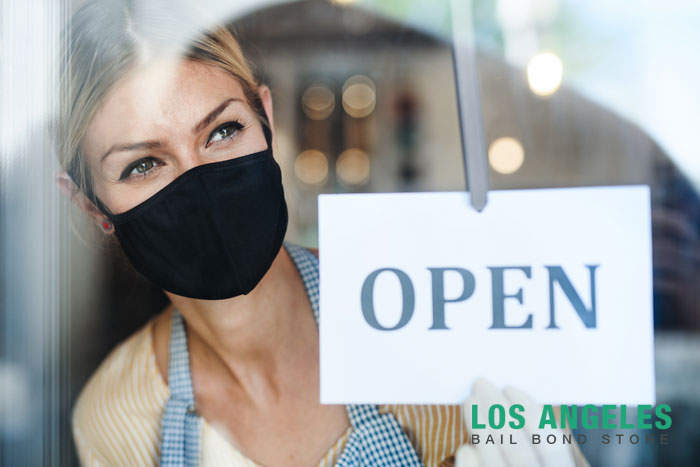Covid-19 has created some big legal questions that no one really considered prior to the pandemic hitting the United States in March. One of the questions both employers and employees are asking is if employees can be required to work during the government ordered lockdown.
The answer isn’t as straight forward as most people might assume it is.
Working From Home
If it turns out that a business’s employees have the ability to work from home, they can be told that they have to work during the government lockdown. One of the surprising things about the pandemic is how many businesses who thought they needed to have their employees come in every single day are finding that it isn’t necessary at all. Some have even reported that having employees working from home has increased productivity and they’re exploring if they should simply continue the work at home option even after the pandemic ends.
If You’re an At Risk Employee
The simple reality is that some people are at a much higher risk of both contracting COVID-19 and being hospitalized with their conditions. The good news is that the Americans Disabilities Act does provide some protection for these employees. As long as they have a recognized and registered health problem that puts them at risk for COVID-19, the employee has the right to request that their employer explore other options. This can include placing them in a different area where they’re better able to social distance from other employees, moving them to a new position, or granting a leave of absence.
If you don’t have a condition that’s recognized by the ADA, your employer may have the right to insist you continue to work.
The Families First Coronavirus Response Act
The Families First Coronavirus Response Act was created to make it a little easier for employees to tell their employers that they wouldn’t be working during the lockdown. The law is designed to provide employees with some leverage against employers who want them to work during the lockdown. The law is specific to COVID-19 and provides additional assistance with things like food assistance, healthcare assistance, and even help getting unemployment if the employee decides that their being unfairly forced to work.

